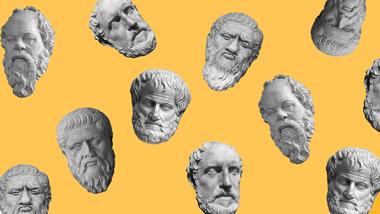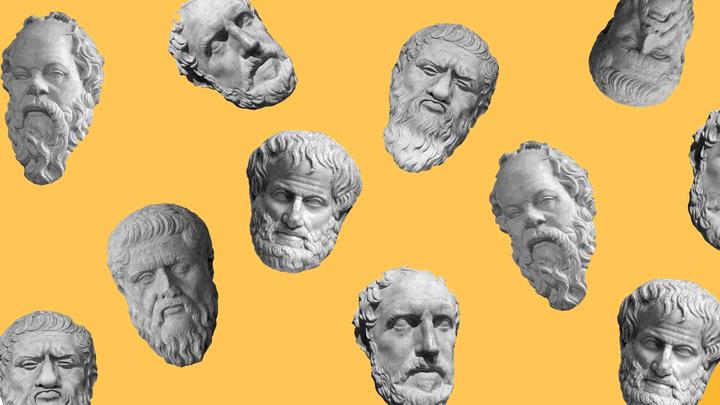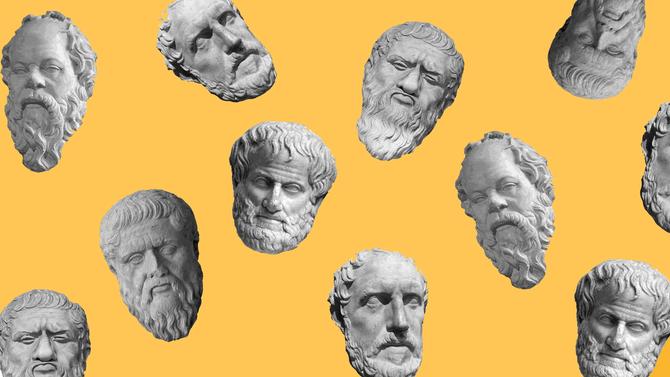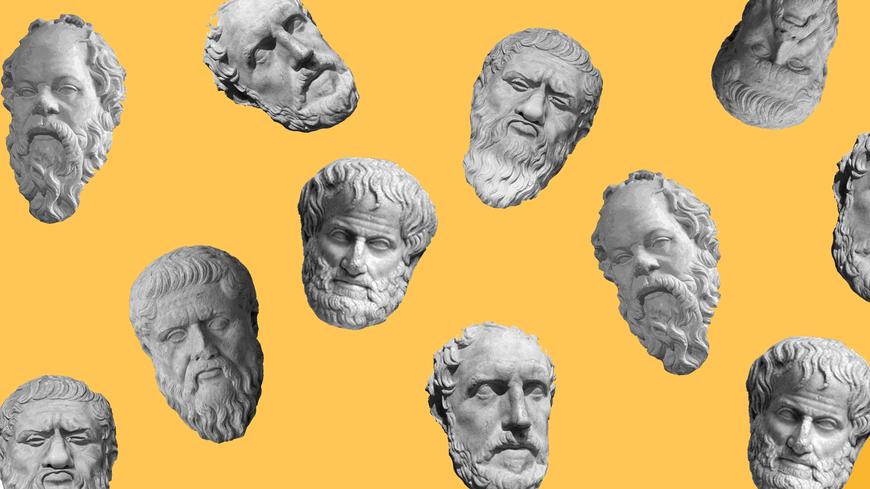



The 20th and 21st centuries witnessed the emergence of remarkable philosophers whose ideas have significantly influenced our understanding of the world. This essay explores the lives, main principles, and key contributions of the top 10 philosophers of this era. From existentialism to post-structuralism, their philosophies have left an indelible mark on various fields, including ethics, metaphysics, and social theory.
Martin Heidegger (1889-1976):
Biography:
Martin Heidegger was a German philosopher known for his existential philosophy. Heidegger explored the nature of being, emphasizing the concept of "Dasein" or human existence. His works include "Being and Time" (1927).
Main Principles/Ideas:
Existential Analysis: Heidegger argued that philosophy should focus on the individual's existence and subjective experience.
Authenticity: He emphasized the importance of living an authentic life, staying true to one's own possibilities and potential.
Ludwig Wittgenstein (1889-1951):
Biography:
Ludwig Wittgenstein, an Austrian-British philosopher, made significant contributions to the philosophy of language and mind. He published influential works such as "Tractatus Logico-Philosophicus" (1921) and "Philosophical Investigations" (1953).
Main Principles/Ideas:
Language Games: Wittgenstein explored the idea that language is a system of games with rules and contexts.
Private Language Argument: He argued against the existence of private languages, emphasizing the importance of shared understanding.
Jean-Paul Sartre (1905-1980):
Biography:
Jean-Paul Sartre, a French philosopher and writer, played a central role in the development of existentialism. His notable works include "Being and Nothingness" (1943) and the play "No Exit" (1944).
Main Principles/Ideas:
Existential Freedom: Sartre posited that humans are condemned to be free and responsible for their choices.
Existential Anguish: He emphasized the concept of existential anguish arising from the awareness of our freedom and the burden of decision-making.
Hannah Arendt (1906-1975):
Biography:
Hannah Arendt, a German-American political theorist, explored various aspects of power, totalitarianism, and the nature of evil. Her notable works include "The Origins of Totalitarianism" (1951) and "The Human Condition" (1958).
Main Principles/Ideas:
Public and Private Spheres: Arendt analyzed the distinction between the public and private realms, emphasizing the importance of public participation.
Banality of Evil: She coined the phrase "banality of evil" to describe how ordinary people can participate in horrific acts under totalitarian regimes.
Simone de Beauvoir (1908-1986):
Biography:
Simone de Beauvoir, a French philosopher and feminist, was a central figure in existentialist thought. Her influential works include "The Second Sex" (1949) and "The Ethics of Ambiguity" (1947).
Main Principles/Ideas:
Existential Feminism: De Beauvoir argued for gender equality and explored the social construction of gender roles.
Existential Freedom: She emphasized the importance of personal freedom and the ability to transcend societal expectations.
Michel Foucault (1926-1984):
Biography:
Michel Foucault, a French philosopher and social theorist, examined power structures and the influence of knowledge in society. His notable works include "Discipline and Punish" (1975) and "The History of Sexuality" (1976).
Main Principles/Ideas:
Power/Knowledge: Foucault analyzed the relationship between power and knowledge, emphasizing how power operates through institutional systems.
Panopticism: He explored the concept of the panopticon as a metaphor for surveillance and control in modern societies.
Jacques Derrida (1930-2004):
Biography:
Jacques Derrida, a French philosopher, is considered one of the founders of post-structuralism and deconstruction. His influential works include "Of Grammatology" (1967) and "Writing and Difference" (1967).
Main Principles/Ideas:
Deconstruction: Derrida questioned the stability and fixed meanings of texts, emphasizing the existence of multiple interpretations and linguistic ambiguity.
Logocentrism: He critiqued the Western philosophical tradition's reliance on logocentrism, challenging the primacy of spoken or written language.
Richard Rorty (1931-2007):
Biography:
Richard Rorty, an American philosopher, focused on pragmatism and the philosophy of language. His notable works include "Philosophy and the Mirror of Nature" (1979) and "Contingency, Irony, and Solidarity" (1989).
Main Principles/Ideas:
Anti-Foundationalism: Rorty rejected the idea of a foundational truth or objective reality, emphasizing the contingency and fallibility of human knowledge.
Language and Solidarity: He explored the role of language in shaping social and political discourse, advocating for a focus on solidarity and inclusivity.
Martha Nussbaum (born 1947):
Biography:
Martha Nussbaum, an American philosopher and scholar, is known for her work on ethics, emotions, and capabilities theory. Her notable works include "Upheavals of Thought" (2001) and "Creating Capabilities" (2011).
Main Principles/Ideas:
Capabilities Approach: Nussbaum developed a framework emphasizing individuals' capabilities to lead a flourishing life, considering a range of essential human capabilities.
Ethics of Care: She explored the importance of empathy, compassion, and care in moral and political philosophy.
Slavoj Žižek (born 1949):
Biography:
Slavoj Žižek, a Slovenian philosopher and cultural critic, blends psychoanalysis, Marxism, and pop culture in his works. His influential books include "The Sublime Object of Ideology" (1989) and "Living in the End Times" (2010).
Main Principles/Ideas:
Ideology Critique: Žižek offers a critical analysis of ideology, examining how it shapes our beliefs and obscures underlying power structures.
Lacanian Psychoanalysis: He draws on Jacques Lacan's psychoanalytic theories to explore the role of desire and the unconscious in political and social life.
Conclusion:
The top 10 philosophers of the 20th and 21st centuries have left a lasting impact on our understanding of existence, language, power, and social dynamics. Through their unique perspectives and intellectual contributions, these philosophers have shaped contemporary philosophical thought and influenced various fields, including ethics, feminism, political theory, and post-structuralism. Their ideas continue to provoke intellectual discourse and inspire critical engagement with the complexities of the modern world.